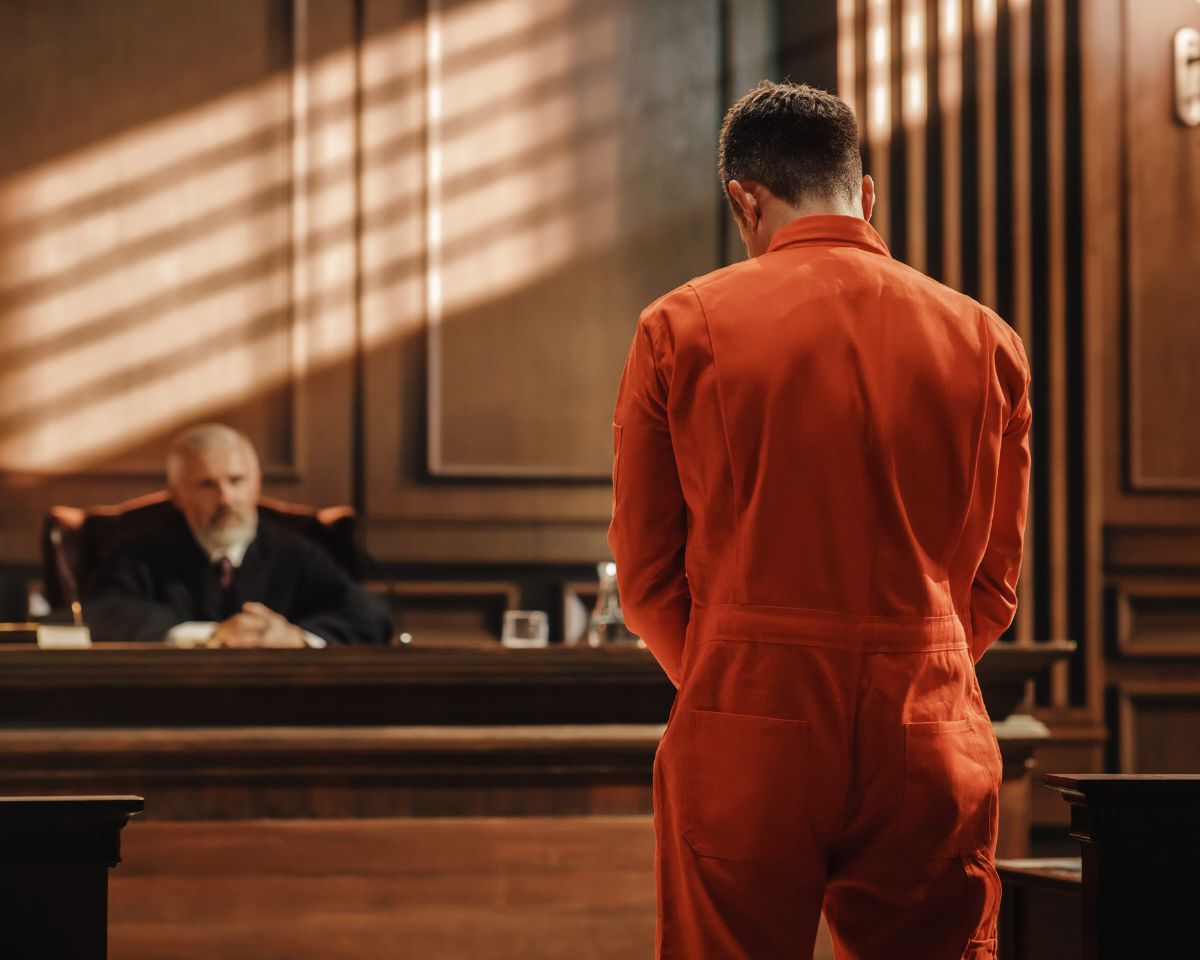When someone is accused of a crime, one of the most common fears they face is this: “Can the prosecution bring up my past mistakes or criminal record in court?” In California criminal trials, the rules surrounding character evidence—and whether your past behavior can be used against you—are both complex and highly specific.
In this article, we’ll break down everything you need to know about character evidence in California criminal law. Whether you’re facing charges, a loved one is in legal trouble, or you’re simply curious, this guide provides clear, reliable answers based on California law.
What Is Character Evidence?
Character evidence refers to any information about a person’s personality, habits, or prior conduct that suggests how they are likely to behave. In the context of a criminal trial, this can include:
-
Prior criminal convictions
-
Arrest records
-
Past accusations (even if not charged or convicted)
-
Reputation in the community
-
Testimony about the person’s moral character
The big legal question is when this kind of evidence is admissible in court—and when it’s not.
General Rule: Character Evidence Is Not Admissible to Prove Guilt
Under California Evidence Code § 1101(a), character evidence is generally not allowed if it’s being offered to show that someone acted in accordance with that character on a particular occasion.
In Plain English: You can’t usually say, “They committed a robbery 5 years ago, so they probably committed this robbery too.” This protects people from being unfairly judged based on their past.
Exceptions: When Character Evidence Can Be Used
California law has several important exceptions where the court can allow character evidence.
1. When the Defendant Introduces It First
If the defendant chooses to offer character evidence (such as witnesses saying the defendant is honest or peaceful), the prosecution can respond with its own character evidence to rebut that claim.
👉 This is known as “opening the door” to character evidence.
2.To Show Motive, Intent, or Identity – Not Just Character
According to Evidence Code § 1101(b), prior bad acts can be admitted to prove things like:
-
Motive: Did the person have a reason?
-
Intent: Was the act deliberate?
-
Opportunity: Did they have the chance?
-
Knowledge: Did they know what they were doing?
-
Identity: Was there a unique pattern or signature in the crime?
This is common in cases like sexual assault, fraud, or theft, where a distinctive pattern may help identify the perpetrator.
Example:
If someone always commits burglaries by breaking in through the skylight and leaves behind a playing card, and the new crime has the same M.O., that past behavior may be admissible to show identity, not just bad character.
3. Sexual Offense or Domestic Violence Cases
In cases involving sexual offenses or domestic violence, California law allows a broader use of prior acts:
-
Evidence Code § 1108: Allows introduction of prior sexual offenses to show propensity.
-
Evidence Code § 1109: Allows evidence of prior domestic violence or elder abuse in domestic violence prosecutions.
These exceptions are controversial but legally allowed to show a pattern of abusive behavior.
4. Impeachment of Witnesses
If a witness (including the defendant) takes the stand, their credibility can be challenged using character evidence related to:
-
Dishonesty
-
False statements
-
Prior convictions (in some cases)
Under Evidence Code § 788, certain felony convictions involving moral turpitude (like fraud or perjury) can be used to attack a witness’s credibility.
Can Prior Arrests Be Used?
Usually, no. An arrest is not proof of guilt, and courts are careful to avoid prejudice.
However, if the conduct related to the arrest is relevant under one of the exceptions (e.g., same method used, pattern of abuse), it may be admissible, even if it didn’t lead to a conviction.
What About Juvenile Records?
Juvenile records are generally sealed and not admissible in adult criminal trials. There are some exceptions, especially if the court believes it’s in the interest of justice, but these are rare.
How Judges Decide: The Balancing Test (Evidence Code § 352)
Even when character evidence fits an exception, it doesn’t automatically get admitted. The judge must apply what’s called the “balancing test”:
-
Is the evidence more probative (helpful in proving something important)?
-
Or is it more prejudicial (unfairly harmful or misleading)?
If the prejudice outweighs the value, the judge can exclude the evidence.
This prevents unfair trials based on emotional reactions rather than facts.
Examples
Case 1: Prior DUI Convictions
A person is charged with DUI. The prosecution wants to introduce prior DUI convictions.
-
If the defense doesn’t raise character, these prior DUIs usually aren’t allowed just to show the defendant “is the kind of person who drinks and drives.”
-
But if they’re used to show knowledge of the dangers or willfulness, they may be allowed.
Case 2: Domestic Violence Pattern
A man is charged with assaulting his girlfriend. The prosecution introduces prior acts of violence against other partners.
-
Under Evidence Code § 1109, this may be allowed to show a pattern of abuse.
Strategic Decisions in Court
Criminal defense lawyers must make careful strategic decisions about whether to:
-
Present character witnesses
-
Allow the defendant to testify
-
Challenge the admissibility of past acts
Opening the door to character evidence can backfire if it lets in harmful information. Likewise, prosecutors must navigate the line between proving guilt and ensuring a fair trial.
Final Thoughts: Can They Use Your Past Against You?
✅ Yes—but only under specific circumstances. Your past cannot be used against you just to show you’re a “bad person.” But if your past behavior is relevant to motive, intent, identity, or a legal exception, it can become part of the case. If you’re involved in a criminal case, understanding the rules around character evidence is crucial—and so is having a knowledgeable criminal defense attorney who can protect your rights.





